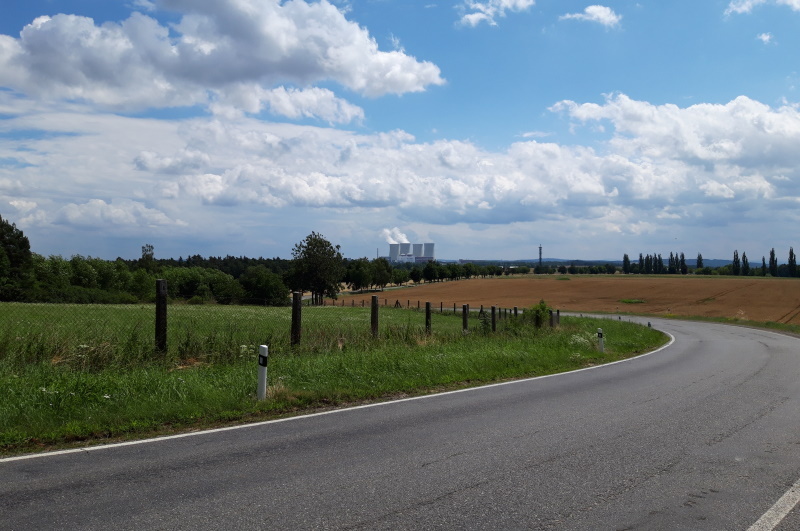Brussels – In recent decades, the Czech Republic has made significant progress in decoupling environmental burdens from economic growth. However, the country remains one of the most energy, carbon, and resource-intensive economies in the EU, primarily due to its strong industrial base and dependence on fossil fuels. This is evident from the most comprehensive report by the European Environment Agency (EEA) on the state of the environment, which is published every five years.
The green transformation presents the Czech Republic with a number of challenges, which have been exacerbated by Russian aggression against Ukraine, significantly impacting the Czech Republic, as stated in one section of the document. Despite these obstacles, the country continues its efforts to decarbonize its economy and meet European climate goals by 2030. Key roles are played by new policies supporting sustainable transport, building renovations, and investments in clean energy and recycling. The national energy strategy focuses on reducing dependence on Russian fossil fuels and strengthening domestic clean energy production. “These steps are essential for ensuring the country’s energy security and accelerating the transition to cleaner technologies,” the EEA report states.
In describing the situation in the Czech Republic, the report notes that the Czech energy sector is gradually transitioning from solid fossil fuels to increasing the use of renewable energy sources, while still relying on nuclear energy. “However, there is still a need to improve energy efficiency and consumption,” the document adds. Greenhouse gas emissions have decreased by 47.8 percent since 1990, and the Czech Republic is working to meet the EU’s target of reducing emissions by at least 55 percent by 2030, according to the report.
Approximately 14 percent of Czech households still use solid fossil fuels for heating, with coal accounting for about 12 percent of heating fuel, the EEA agency reports. The recent energy crisis has led some households to continue using coal or switch to it due to high costs of alternative heating methods. The transport sector is the least advanced in terms of decarbonization, with increasing energy consumption and more than ninety percent dependence on fossil fuels. According to the new report, the Czech Republic has the third-lowest share of new battery electric vehicle registrations among EU member states.
The European Environment Agency (EEA) publishes the report on the environment in Europe every five years. The report Europe’s environment 2025 is the seventh in this series, which the EEA has been publishing since 1995. (September 29)
 go to the original language article
go to the original language article
